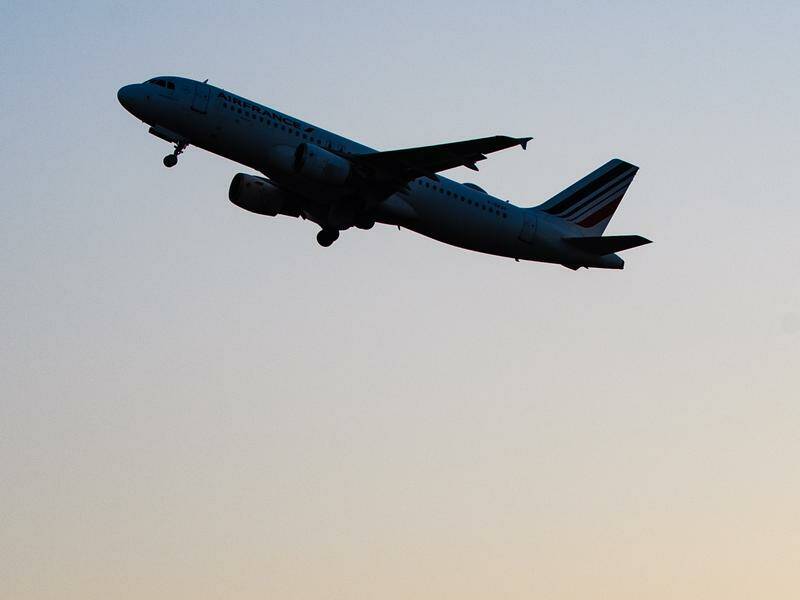
Airbus has initiated an immediate software recall affecting approximately 6,000 of its A320 family of jets, representing over half of the global fleet. This decisive action follows a recent incident involving a flight control failure, which highlighted vulnerabilities in the aircraft’s systems under intense solar radiation. The announcement was made on October 30, 2023, after a JetBlue flight from Cancun, Mexico, to Newark, New Jersey, encountered a critical malfunction that necessitated an emergency landing in Tampa, Florida.
Significant Operational Disruptions Expected
According to a statement from Airbus, the company recognizes that these software changes will lead to operational disruptions for airlines and their passengers. The European Union Aviation Safety Agency (EASA) is expected to issue an emergency airworthiness directive to address the issue. For roughly two-thirds of the affected aircraft, the operational impact will be relatively brief as airlines revert to a previous software version. Nevertheless, the scale of the operation is likely to cause significant disruption, particularly as it coincides with one of the busiest travel weekends in the United States.
Industry sources indicate that the recall could require extensive hardware modifications for hundreds of jets, resulting in weeks of downtime. The severity of the situation has raised concerns about operational readiness as airlines prepare for increased passenger demand.
Details of the Incident Prompting the Recall
The emergency landing involving JetBlue Flight 1230 on October 30 was triggered by a sudden, uncommanded drop in altitude due to a flight control problem. Several passengers were taken to the hospital following the incident, underscoring the gravity of the situation. The incident has drawn attention to potential flaws in the aircraft’s systems that could compromise safety under certain conditions.
As per Airbus data, there are around 11,300 A320-family aircraft currently in operation, including 6,440 of the core A320 model. This extensive recall reflects the company’s commitment to safety, even as it grapples with the logistical challenges posed by such a widespread issue.
Airbus’s proactive response is crucial for maintaining trust with both airlines and passengers. As the company navigates this recall, the focus will undoubtedly remain on ensuring that safety remains the top priority in the aviation industry.







